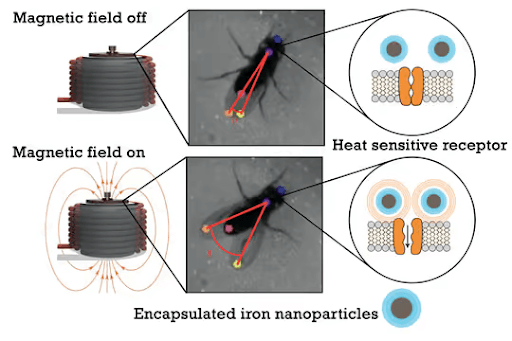The monkeypox emergency declaration, explained

Image: Maurizio de Angelis/Science Photo Library
The WHO declared the monkeypox outbreak to be a public health emergency of international concern on Saturday, its first time using the designation since the start of the Covid pandemic.
🦠 A deeper dive… The move is effectively the WHO’s call to arms for its member states around the world to coordinate resources and improve their responses to the ongoing outbreak – though the agency can only issue guidance and recommendations, not mandates.
- More than 16,000 monkeypox cases have been reported across 75 countries so far this year, resulting in a total of five deaths (all in Africa). The number of confirmed infections has risen 77% from late June through early July, per WHO data.
- The virus is spread through close contact with an infected person – or materials that have touched infected skin – and causes a rash that can spread over the body, with most people recovering within two to four weeks. Men who have sex with men are currently at the highest risk of infection, per global health authorities.
📝 One thing to note: The WHO’s decision goes against the majority view of a committee it convened to advise on the topic. 9 of the 15 members expressed concerns over the weekend that declaring a public health emergency might cause undue alarm among the general public, where the risk is still very low.
+More news: The CDC on Friday announced the first two recorded cases of children infected with monkeypox; they’re believed to have caught the disease through household transmission.
+Dive deeper: Vaccines (though limited) and treatments for monkeypox are already in circulation, which the WSJ reports is unusual for an emerging disease.
Share this!
Recent Science & Emerging Tech stories

Science & Emerging Tech
| July 22, 2022Puttin’ in that (brain)work
🧠 Physical and mental activity may help preserve cognitive ability and delay dementia, according to a new peer-reviewed study published in the medical journal Neurology.

Science & Emerging Tech
| July 21, 2022The Scientists Who Stare at Flies
🧠🦟 Researchers at Rice University successfully hacked the brains of fruit flies to make them remote-controlled, according to a new peer-reviewed study published in Nature Materials.

Science & Emerging Tech
| July 19, 202221st century probs
🚀💥 There’s a roughly 1 in 10 chance that a falling piece of rocket debris will kill someone over the next decade, according to a new peer-reviewed study published in Nature Astronomy.
You've made it this far...
Let's make our relationship official, no 💍 or elaborate proposal required. Learn and stay entertained, for free.👇
All of our news is 100% free and you can unsubscribe anytime; the quiz takes ~10 seconds to complete